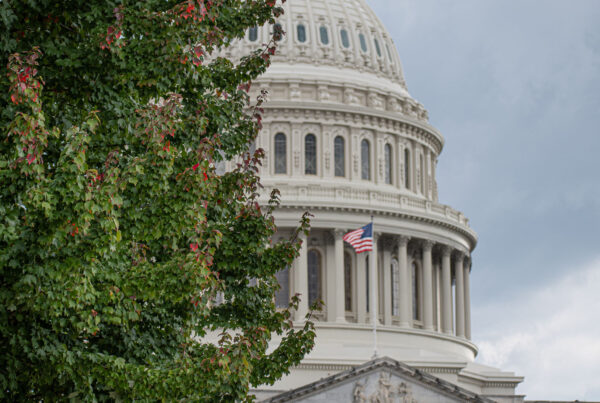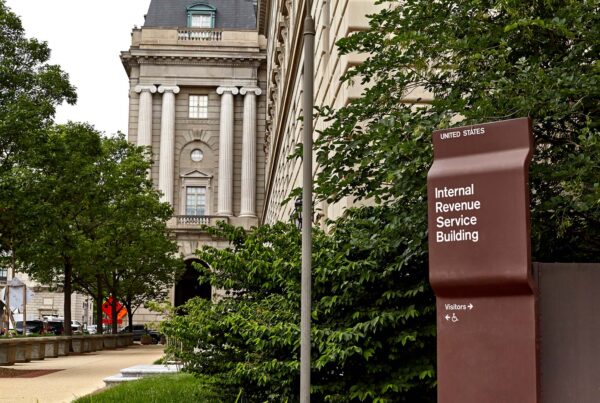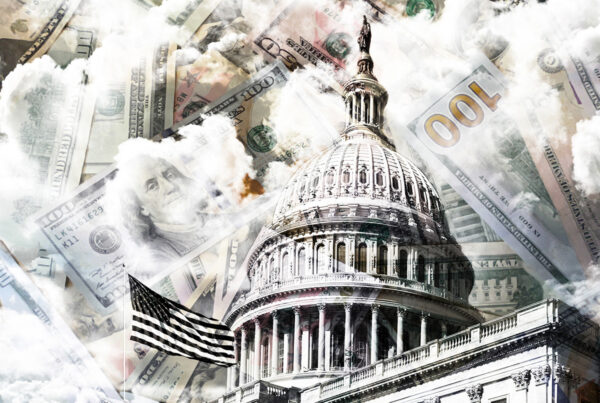The role of whistleblowers in combating tax fraud and evasion is pivotal in ensuring fiscal transparency, integrity, and justice in any economy. Within the U.S. context, tax whistleblowers play an increasingly crucial role in mitigating tax noncompliance and boosting the government’s revenue collection efficiency. Despite the potential challenges and risks associated with whistleblowing, the U.S. offers numerous positive aspects for those brave enough to come forward with information on tax fraud. This article explores the financial reward, protection against retaliation, and societal benefits of being a U.S. tax whistleblower.
Financial Reward: The Lucrative Potential of Whistleblowing
The financial incentive is perhaps the most immediately appealing aspect of becoming a U.S. tax whistleblower. This lucrative potential results from the U.S. government’s commitment to combating tax fraud and evasion, and its recognition of the essential role whistleblowers play in this effort. Whistleblowers who provide credible information leading to the collection of additional taxes, penalties, and interest are eligible to receive up to 30% of these amounts.
This financial reward system, facilitated by the IRS Whistleblower Office, is designed to encourage individuals to come forward with vital information that could otherwise remain undisclosed. It is worth noting that the whistleblower reward is contingent on the successful recovery of funds by the government, thus creating a performance-based system that underscores the value of accurate and credible information.
Protection Against Retaliation: Shielding Whistleblowers from Repercussions
The potential for retaliation represents a major deterrent to would-be whistleblowers. The fear of losing one’s job, being discriminated against, or experiencing other forms of retribution can keep individuals silent about tax malfeasance. Recognizing this, the U.S. government offers robust protections for whistleblowers, both legislatively and procedurally.
Under U.S. law, whistleblowers are protected against various forms of retaliation. This includes protection against wrongful termination, harassment, and other forms of workplace discrimination. If retaliation does occur, whistleblowers have the right to file a lawsuit seeking remedies such as reinstatement, back pay, and other compensation.
Further, the U.S. government maintains strict confidentiality for whistleblowers to shield their identities, a critical aspect of protecting individuals who come forward. While there are limits to these protections, particularly when a case goes to trial, every effort is made to keep whistleblower identities confidential during the investigative process.
Benefit to Society: Upholding Fiscal Justice and Integrity
Beyond the personal incentives, being a tax whistleblower has significant societal benefits. By blowing the whistle on tax fraud and evasion, individuals can help to bridge the tax gap — the difference between total taxes owed and those actually paid on time — which has become a significant issue in the U.S.
As noted by Justice Oliver Wendel Holmes, “taxes are what we pay for a civilized society.” When individuals or corporations evade taxes, they undermine this social contract, shifting the financial burden to law-abiding taxpayers and eroding public services funded by tax dollars. Whistleblowers, therefore, play a key role in restoring fairness and promoting a more equitable distribution of societal burdens and benefits.
Whistleblowers also help to uphold the integrity of the tax system, ensuring that everyone, regardless of their wealth or status, is held to account. In this sense, tax whistleblowers serve as guardians of fiscal justice, contributing to a culture of transparency and responsibility that is vital for a robust and democratic society.
In conclusion, becoming a U.S. tax whistleblower carries a number of positive aspects. From the substantial financial reward to protections against retaliation, the system is designed to encourage individuals to come forward with information on tax malfeasance. Furthermore, whistleblowers can take pride in knowing that they are serving a vital societal function, helping to ensure fairness, integrity, and fiscal responsibility in the U.S. tax system.



